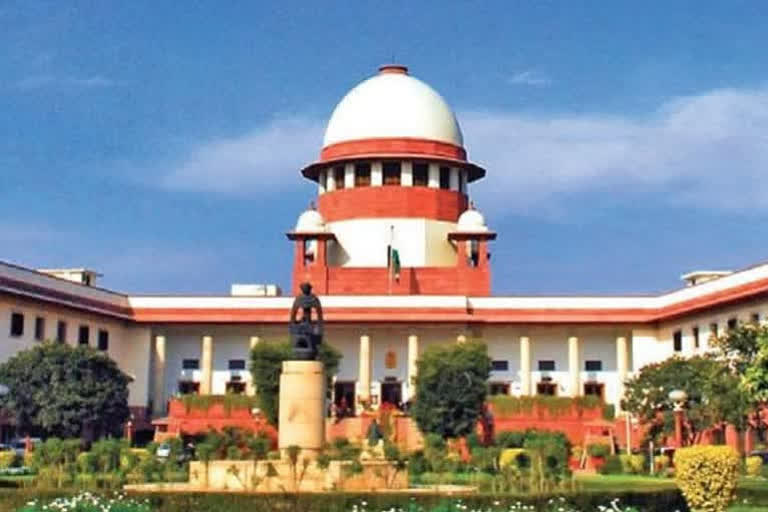New Delhi:A day after the Supreme Court expressed concern over “enormous misuse” of the sedition law, an NGO Friday filed a petition before it challenging it's constitutional validity on grounds that it is “anachronistic” and has “lost all relevance in a free democracy like India.”
The petition filed by People's Union for Civil Liberties (PUCL) said that sedition was a political crime, originally enacted to prevent political uprisings against the Crown and to control the British colonies. A law of such "repressive" character, has no place in independent India, it said. Former Union Minister Arun Shourie also moved the top court on Thursday against the law.
A bench headed by the CJI N V Ramana on Thursday flagged the misuse and asked the Centre why it was not repealing the provision used by the British to “silence” people like Mahatma Gandhi to suppress freedom movement. The Section 124-A (sedition) under the IPC is non-bailable provision and it makes any speech or expression that brings or attempts to bring into hatred or contempt or excites or attempts to excite disaffection towards the Government established by law in India a criminal offence punishable with a maximum sentence of life imprisonment.
The NGO in its petition said, “the impugned provision is anachronistic, and has lost all relevance in a free democracy like India.” “In this context it is submitted that sedition is a political crime, originally enacted to prevent political uprisings against the Crown and to control the British colonies. It is argued that a law of such repressive character, has no place in independent India,” it said.
